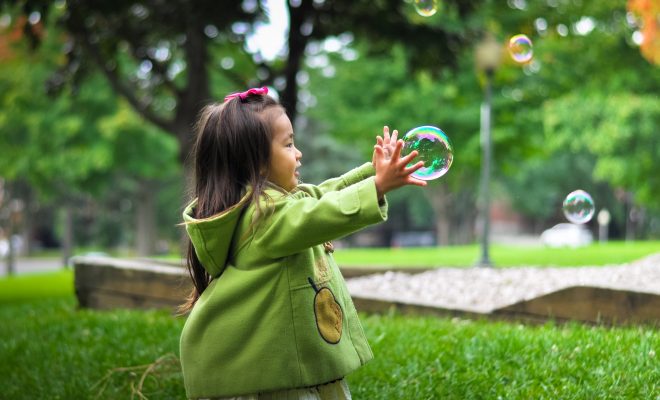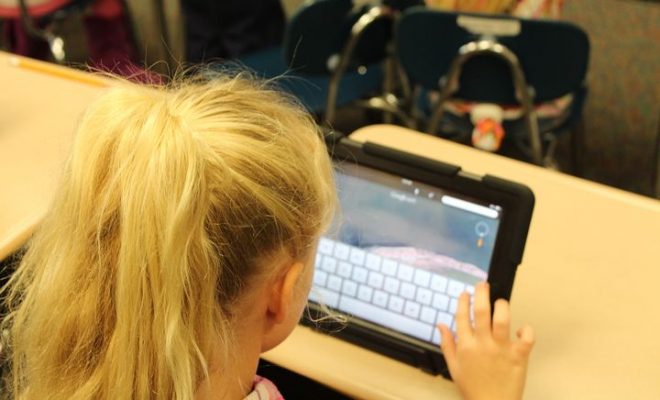7 Ways to Teach Children Civility

Unfortunately, our children are learning that those who are uncivil seem to get ahead. Celebrity culture and political warfare encourage the opposite of civility. The ones who shout the loudest and are the most disrespectful appear to get the most attention. Those who are gentle and kind are not the ones in the limelight, but those are the attributes we hope our children will possess.
Unless you want to raise a cruel child, you should teach your child to be civil. Civility means you show regard for someone else. Civility means being respectful and putting others above yourself. The opposite of what they learn from tv. In an uncivil world, our children desperately need someone to teach them civility and show why it is important.
- Manners Matter
A major part of civility is politeness. Teaching your child to use manners does not mean you are teaching your child to be a pushover. Instead, manners will help your child politely engage in civil discourse. The difference between a civilized debate and an uncivilized debate often comes down to manners. “Please” and “Thank you” go a long way in making others feel seen and heard.
- Show Tolerance
Children need to learn that tolerance and acceptance are essential to one’s humanity. You must teach your child to accept those who are different. By showing respect for other cultures and being sensitive to stereotypes, you can show tolerance. Talking about this cincept also allows you to discuss bullying. You can use this conversation to both encourage your child not to be a bully, but to also stand up for those who are being bullied.
- Give Examples
When you see examples of people modeling civil behavior, point it out to your children and discuss these actions. It may seem easier to point out when people are uncivil, but your children will learn more from positive civil examples. Therefore, when you see an example of a civil debate or good sportsmanship, acknowledge it.
- Listen Well
To be civil, you must listen to others. You should hear what someone says before you judge or speak. In this way, you are showing your value their thoughts and opinions. It is also imperative for parents to listen to their children. Your children will learn to listen well from you.
- Apologize Regularly
We are not perfect. We will make mistakes. But, our apologies can leave an impression on our children. Our apologies do not just show we messed up – they show we care about someone else’s feelings. Along these same lines, you should practice apologizing when you know someone else is hurting even if you were not the cause.
- Encourage Empathy
Continuing the thought above, when we consider the feelings of others, we are encouraging empathy. Give your children opportunities to consider the feelings of others. Talk about things you see happening and ask them how they think the individuals are feeling. Encourage your children to consider walking in someone else’s shoes.
- Practice What You Preach
Finally, you cannot just tell your children to be civil – a lecture will not work. Instead, you must practice what you preach. So, strive to model self-control instead of uncivil reactions in the heat of the moment. Watch your words and your actions.
While it seems like the world is becoming more uncivil, the next generation is more giving and serving then previous generations. If we teach our children to handle disagreements with grace, then they will do remarkable things.






